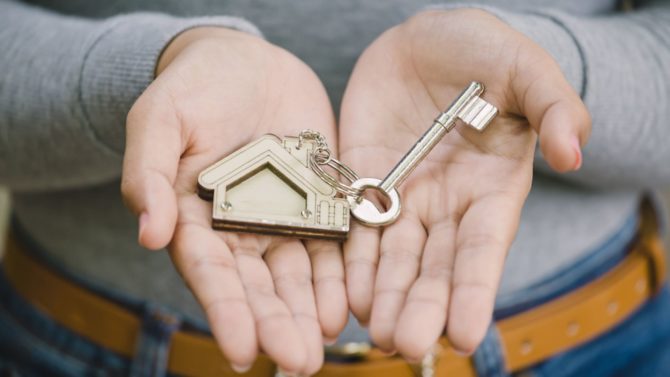What’s the cheapest way to pass on a French property to our children while we’re still alive?

Is it possible to avoid legal fees if you gift your French home to your children instead of selling it? Legal expert Sue Busby has the answers
A couple recently asked me if they could pass on their French property to their adult daughter without having to pay notaire fees since they would not actually be selling it. They also wanted to know if they would still have to pay capital gains tax given that no money would change hands.
Sadly, a DIY conveyance would have no effect in France. The ownership of a French property can only change with the involvement of a notaire who records the transfer at the land registry. Unfortunately, anything that concerns the land registry in France involves a significant cost.
The most cost-effective way of transferring property from the point of view of the land registry cost would be to gift the property to your child. However, you would still need to budget around 5% of the value of the property being transferred in fees and taxes in France.
________________________________________ Don’t miss
Selling French property: a handy checklist
Do I need a separate French will to cover my property in France?
________________________________________
Then there is the question of gifts tax. The gifts tax allowance is the same as the inheritance tax allowance which is €100,000 between each parent and child. Therefore, if the property is not worth more than €200,000, there would be no gifts tax to pay. If the property is worth more than €200,000, you might consider gifting part of it to your child now (ie €200,000 worth), hoping that you will live at least 15 years and that she will have another allowance of €100,000 x 2 on your deaths. Such gifts must be made at least 15 years before death to be exempt from French inheritance tax.
Otherwise, the value of the gift would have to be taken back into account for inheritance tax purposes.
An alternative is to gift the property to your child but retain a life interest for yourselves. The life interest would be valued depending on your age at the time the gift was made and would effectively reduce the value of the gift and thus the fees and taxes payable. For example, from the age of 61-70, a life interest is worth 40% of the value of the property and at age 71-80, it is worth 30%.
As life interest holders you would be able to use and enjoy the property during your lifetime and then it would revert to your child on your deaths with no further taxes to pay. Your life interests would simply extinguish.
Either way, if you gift a property to your child, you would not be liable to capital gains tax or social charges as no sale would be taking place. However, upon the transfer, your 18 years of ownership would also cease to count and the clock would be reset, so your child would be liable to CGT and social charges at the relevant rate should she or he sell within 30 years.
Sue Busby is the Director of France Legal Ltd
Share to: Facebook Twitter LinkedIn Email
More in Selling French property


